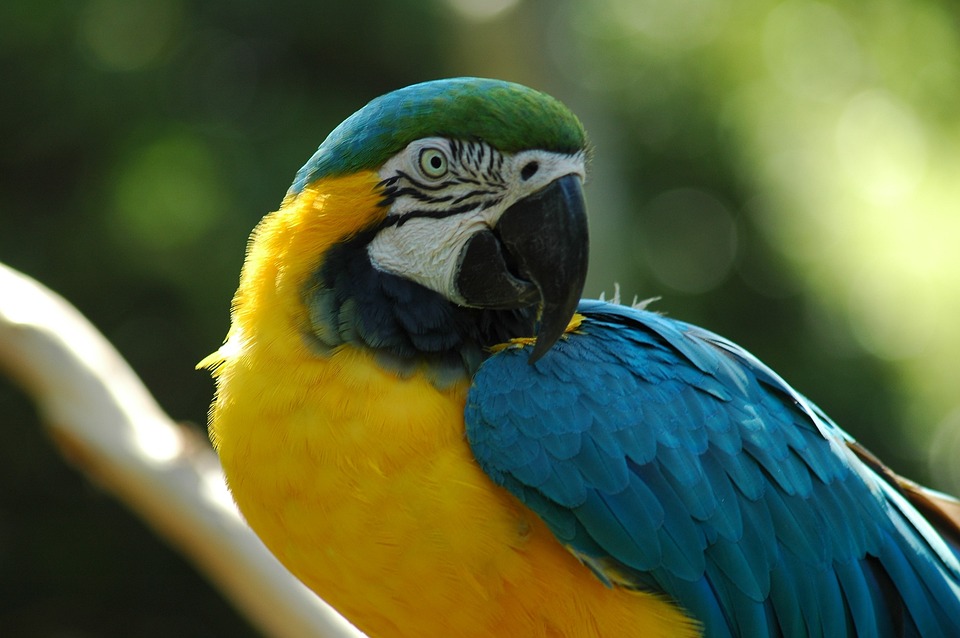Parrot owners may often notice signs of jealousy in their feathered companions, as parrots are highly social creatures. Jealousy can present itself through aggressive behavior, feather plucking, or excessive vocalization. However, addressing jealousy in parrots requires a delicate approach, and positive reinforcement techniques can play a crucial role in modifying their behavior.
To understand jealousy in parrots, it is important to recognize its underlying causes. Jealousy often arises from a perceived threat to their social bond with their human caretakers or a fear of losing attention and resources. Parrots thrive on social interactions and the feeling of being an integral part of their human family. When they sense a potential rival, their jealousy may arise as a defense mechanism to protect their bond with you.
Positive reinforcement is a powerful technique that can help address jealousy in parrots. This technique involves offering rewards or praise to encourage desired behaviors. By using positive reinforcement, you can shape your parrot’s behavior and help them associate positive experiences with situations that may trigger jealousy.
Here are a few effective positive reinforcement techniques to address jealousy in parrots:
1. **Reward Desirable Behavior**: Whenever your parrot displays behavior that counters jealousy, such as calmly accepting the presence of another pet or person, immediately reward them with their favorite treat or gentle praise. This positive association will reinforce their understanding that good behavior leads to positive outcomes.
2. **Gradual Exposure**: If your parrot shows signs of jealousy towards a new pet or individual, introduce them gradually and in controlled environments. Start with short, supervised interactions and reward your parrot for calm behavior. Increase the duration and intensity of interactions gradually, always rewarding positive responses.
3. **Diversion Tactics**: When you anticipate situations that may trigger jealousy, divert your parrot’s attention with engaging toys, puzzles, or activities that they enjoy. By redirecting their focus, you can help them associate positive experiences with potentially threatening situations.
4. **Consistency and Routine**: Establish a consistent daily routine for your parrot to provide them with a sense of security and predictability. Regular feeding, playtime, and social interactions will help alleviate feelings of insecurity and reduce jealousy.
5. **Individual Attention**: Ensure that each of your parrots receives individual attention and quality time with you. This will help them feel valued and prevent the onset of jealousy. Rotate one-on-one sessions with each parrot throughout the day to establish a strong bond with each bird.
It is important to note that punishment is not an effective method to address jealousy in parrots. Punishment can lead to fear and aggression, exacerbating the problem. Positive reinforcement, on the other hand, helps create a positive association with desired behaviors, reducing jealousy.
While complete elimination of jealousy may not be possible, using positive reinforcement techniques can significantly reduce and manage jealousy in parrots. Consistency, patience, and understanding their needs are key factors in addressing and minimizing jealousy.
Each parrot is unique, and it may require time and effort to address their jealousy effectively. By using positive reinforcement techniques and providing a nurturing environment, you can help your parrot develop healthy social behaviors and strengthen your bond with them.









